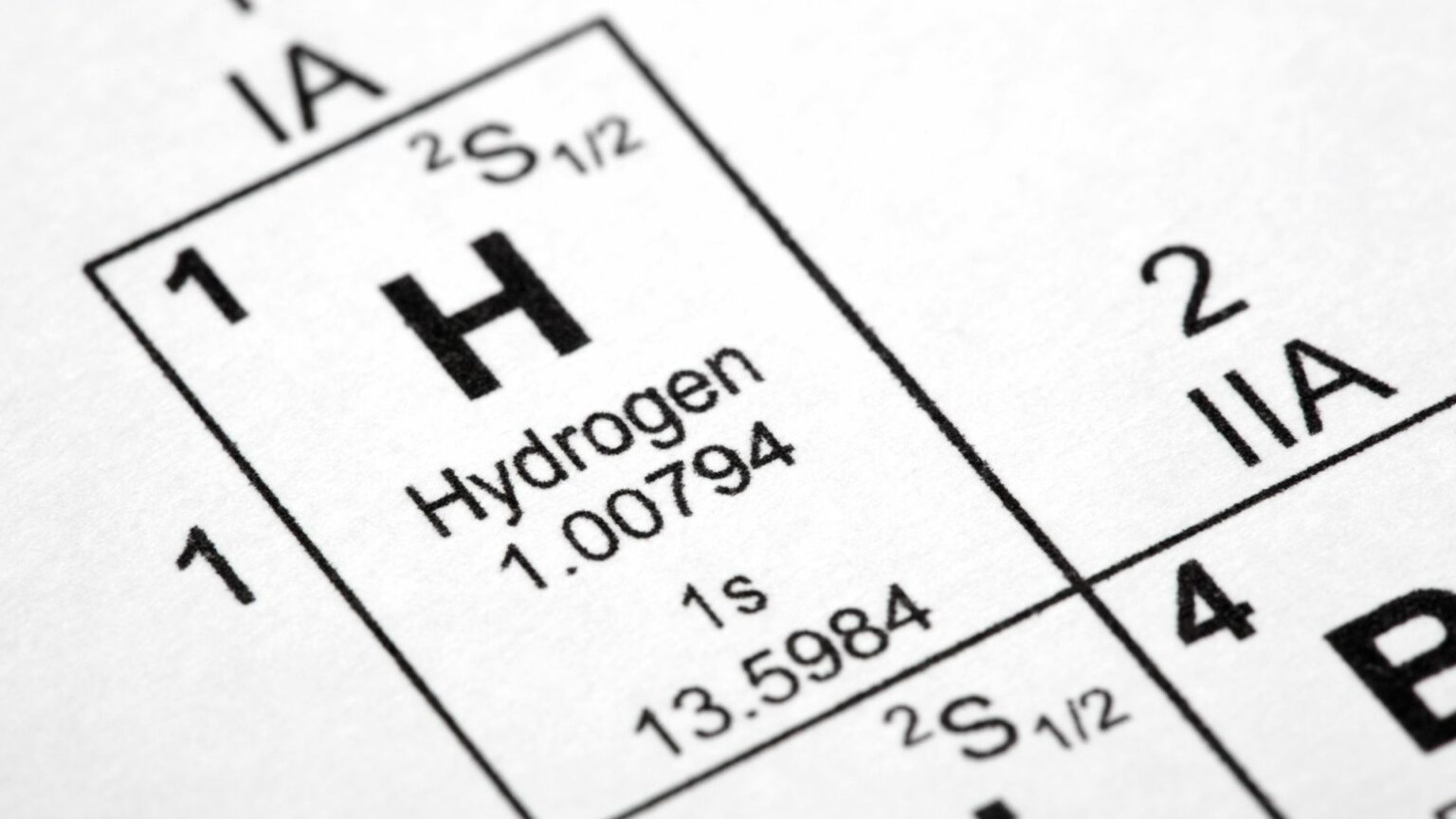Keppel has embarked on a significant project to upgrade a second existing gas turbine unit at the Keppel Merlimau Cogen combined cycle power plant (KMC) on Singapore’s Jurong Island.
The upgrade aims to enhance the overall efficiency and operational reliability of the KMC power plant. It includes modifications to the gas turbine frame, turbine, compressor, and combustor, incorporating the most advanced performance improvements for a combined cycle gas turbine of its class. These enhancements are expected to extend major maintenance intervals and reduce carbon emissions by at least 17,800 tCO2e annually, equivalent to removing over 5,400 vehicles from the roads each year.
This project is supported by the Genco Energy Efficiency Grant, awarded by Singapore’s Energy Market Authority (EMA) in 2023 as part of the Enhanced Industry Energy Efficiency Package. This grant is designed to support power generation companies in their efforts to improve energy efficiency and reduce carbon emissions. The EMA’s support underscores the significance of enhancing existing plants’ efficiency to contribute to Singapore’s decarbonization goals.
One notable aspect of the upgrade is the capability of the modified turbine to co-fire hydrogen blended with natural gas. This feature supports Singapore’s commitment to decarbonizing its power sector and aligns with the broader global shift towards low-carbon energy alternatives. The project is expected to be completed by the end of June 2025, marking a crucial step in Keppel’s ongoing efforts to transition to more sustainable energy practices.
Keppel’s upgrade at KMC is a significant development within the context of the global energy sector. The company completed the first turbine upgrade in 2022, achieving over 15,000 operating hours and demonstrating substantial carbon abatement and efficiency improvements. This makes Keppel a pioneer in Southeast Asia for such upgrades.
However, while the project represents progress, it’s essential to contextualize these achievements against industry benchmarks. Leading energy companies worldwide are investing heavily in similar upgrades and new technologies to enhance efficiency and reduce emissions. Keppel’s initiative, though commendable, is part of a broader trend and must be continuously evaluated to ensure it meets or exceeds global standards.
Singapore’s power sector contributes around 40% of the country’s total carbon emissions, with 95% of its electricity generated from natural gas. Given the dominance of gas, combined cycle gas turbines (CCGTs) are crucial to the nation’s energy landscape. Enhancing the efficiency of CCGTs and incorporating hydrogen as a feedstock can significantly reduce emissions from electricity generation.
Keppel’s upgrades at KMC, supported by the Genco Energy Efficiency Grant, are steps in the right direction. These initiatives demonstrate Keppel’s commitment to its decarbonization goals and its capability as a global asset manager and operator. However, the broader impact on Keppel’s net tangible assets per share or earnings per share for the current financial year is expected to be minimal, indicating that while the upgrades are technologically significant, they may not immediately translate into substantial financial gains.
